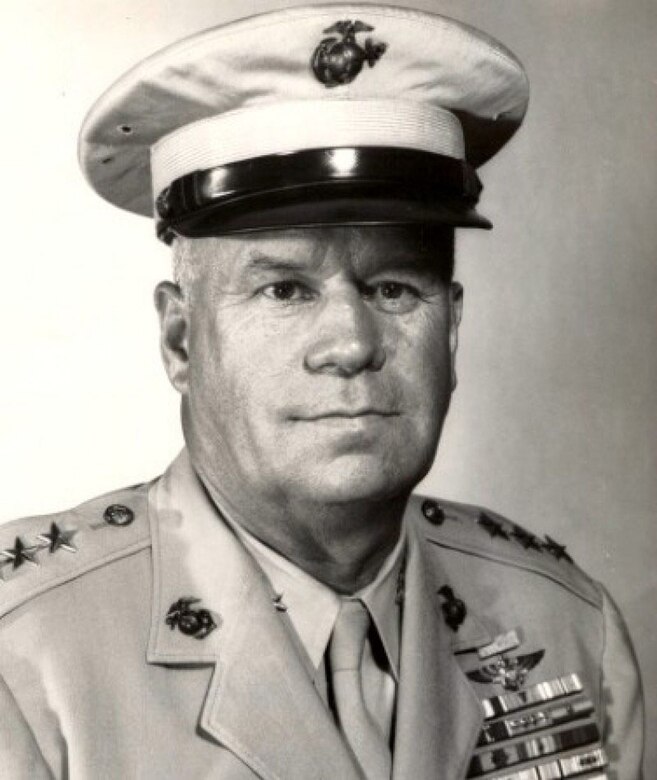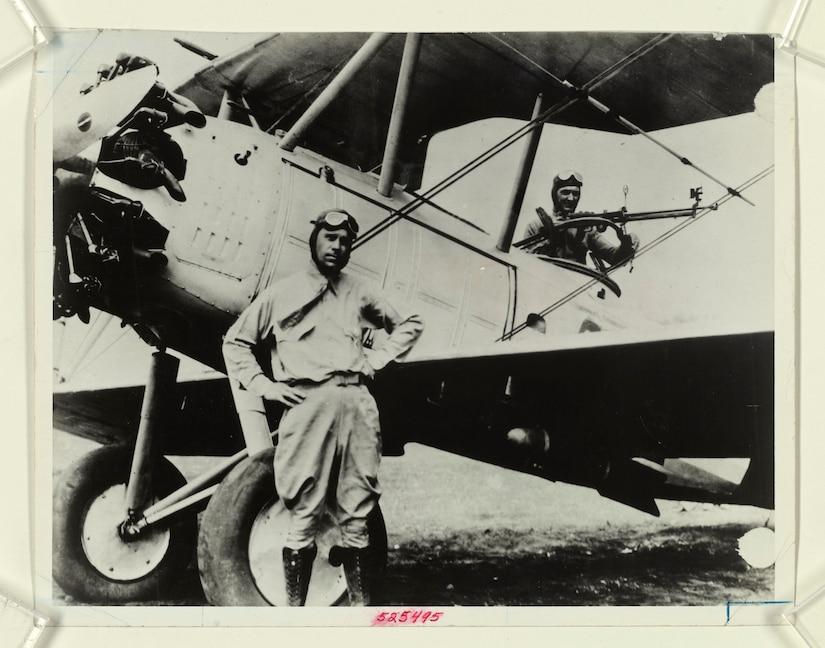The majority of aviators who have received the Medal of Honor have earned it for their service in World War II or later conflicts. Marine Corps Gen. Christian Schilt, however, was one of the early aviators in that service. He earned his medal many years before World War II for his bravery in the skies over Nicaragua.
Schilt was born in Olney, Illinois, and grew up on a farm. After high school, he studied engineering at Rose Polytechnic Institute (now the Rose–Hulman Institute of Technology) in Terre Haute, Indiana. But after about two years, he felt compelled to do something else. So, on June 23, 1917, he enlisted in the Marine Corps.

Schilt first served in the Azores, a group of islands off the coast of Portugal, with a seaplane squadron assigned to anti-submarine patrol duty during World War I. When he returned to the U.S., he had decided he wanted to be a pilot, so he entered flight training. He was commissioned as a second lieutenant on June 10, 1919, and spent the next several years on expeditionary duty in the Caribbean.
The Second Nicaragua Campaign
In November 1927, Schilt joined Observation Squadron 7-M in Managua, Nicaragua. U.S. forces had been serving in the Central American country since 1912— with a brief pullout in 1925 — at the request of the Nicaraguan government, which continuously feared revolution. By 1927, a new, dangerous revolt against the country’s government was indeed taking place.
In December 1927, guerillas known as Sandinistas had established a base in the country’s north in a mountainous jungle region on the border with Honduras. There, they ambushed a detachment of 175 Marines, killing eight men and wounding 30 more.
The Marines were forced to fall back to a village called Quilali, which the guerillas promptly surrounded. There was little hope for the Marines to fight their way out, so they instead concocted plans for an air rescue.

Over the next few weeks, the trapped Marines built a makeshift airstrip by burning and leveling part of the town’s main street to make it long enough to land and take off. Schilt’s squadron then modified an observation airplane with landing gear from a DeHavilland DH-4, an old combat plane used in World War I, to accommodate expected hard landings.
Schilt volunteered to be the pilot.
Between Jan. 6-8, 1928, Schilt, then a first lieutenant, used the plane to evacuate the wounded from their precarious position and bring aid to the other men, who were in desperate need of it.
Schilt flew his plane 10 times into the besieged village, hauling in 1,400 pounds of medical supplies and evacuating more than a dozen wounded Marines. He was also able to transport a relief commanding officer to take charge of the beleaguered men on the ground.

According to records, Schilt’s modified plane had no brakes, so the Marines on the ground had to help him stop by grabbing its wings when it touched down. He faced hostile fire from the enemy with every landing and takeoff. Clouds, mountains and air currents added to the difficulty of the mission.
Once the ground troops were resupplied and the wounded had been taken to safety, the Marines at Quilali were able to fight their way free of the village and rejoin the main governmental force — a feat that was made possible by Schilt’s bravery.
For his courage, Schilt was presented with the Medal of Honor during a White House ceremony hosted by President Calvin Coolidge that April.
Schilt remained deployed for the rest of the year, finally returning to the U.S. in 1929. He continued to serve in the Marines for decades, including throughout World War II and in Korea where he commanded the 1st U.S. Marine Corps Aircraft Wing for a time. His years of service earned him several more awards, including the Distinguished Flying Cross, Bronze Star, Legion of Merit, Air Force Distinguished Service Medal and five Air Medals.
Schilt retired on April 1, 1957, when he was promoted to full general.
At some point in life, Schilt married Elizabeth Schilt. They had four daughters and two sons and spent the remainder of their lives in Norfolk, Virginia.
Schilt died on Jan. 8, 1987, at age 91 after a bout with Alzheimer’s disease. He is buried in Arlington National Cemetery. Schilt’s Medal of Honor is now at the National Museum of the Marine Corps in Quantico, Virginia.
Schilt’s name and career are well-remembered across the U.S. Among the more recent honors, in October 2011, a new headquarters building at Marine Corps Air Station Cherry Point in North Carolina was named in his honor. In 2014, his home state of Illinois dedicated a stretch of highway to him.
